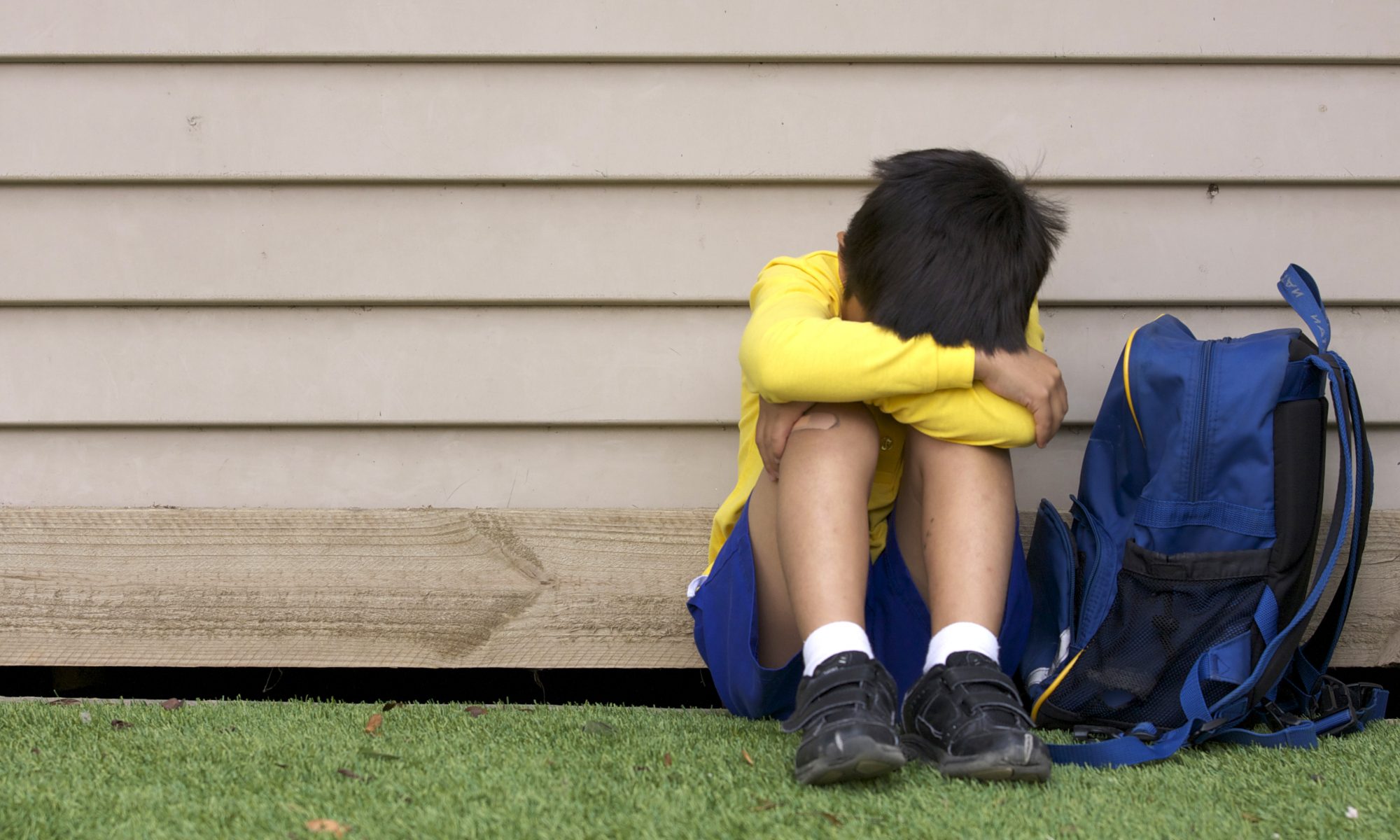Schools are typically meant to be an education institution for children, where they are taught a variety of subjects to help them develop and grow, as well as prepare them for adulthood. While it’s completely natural for kids to hate school, or perhaps just dislike it, Didaskaleinophobia is actually having a fear of going to school in the first place.
It is said that as many as 2 to 5% of school children suffer from this phobia and is most commonly found in the 4-6-year-old age group. Like many phobias, Didaskaleinophobia presents various symptoms in children, which are often helpful in identifying, diagnosing, and treating the condition.

Symptoms of Didaskaleinophobia:
- Extreme anxiety. Children might have full on anxiety attacks and may scream and cling to their parents out of fear.
- Physical symptoms include shortness of breath, rapid breathing, nausea, dry mouth excessive sweating, shaking, and headaches.
- Confusion / Inability to Articulate Clearly: They often don’t understand why they want to avoid school and expect you to understand.
- Lack of Focus: They have difficulty focusing on schoolwork and homework and try every means possible to avoid doing homework.
- Irritability: Children will lash out at their parents for unexplained reasons. Be especially careful in teens, as this might be seen as ‘typical teenage’ behaviour.
- Feelings of powerlessness and fear of losing control
- An obsession with worrying about the subject matter. For example, obsessions with death/dying. The child thinks something might happen to them at school, or even a loved one at home, and so constantly feels the need to try avoiding school.
- Avoidance Behaviour- most kids will try to fake illnesses in order to avoid going to school, or even claim that they’re too tired to go to school.
What causes Didaskaleinophobia?
So why are kids suffering from this condition? Let’s examine the possible reasons as to why children and teens develop such a phobia.
- In the age 4-6 group, the phobia normally develops as a result of a separation anxiety. The child is reluctant to leave their parent because of the uncertainty of entering a new environment. Events such as divorce or a death in the family often heighten the anxiety.
- The child could have learning difficulties such as dyslexia or even physical disabilities, which may frustrate them as they might feel left behind by their peers. In severe cases, bullying may arise which makes the school environment unsafe for the child, and they, therefore, begin to build a fear of the school.
- Puberty, including hormonal and physical changes in the body, may also create a fear, particularly in the 11-17 age group. Their bodily changes often result in fatigue due to changes in the circadian rhythm; where kids at this age need more sleep and fall asleep later than younger children. Teens struggle to cope with demands of school, where they must wake up early and also have more homework and physical activities to be done.
- Some psychologists believe that fears of schools are part of social phobias and agoraphobia, the fear of places and situations. Children often regard schools as places where they cannot easily escape from, and sometimes this leads to full-on anxiety attacks. It is unknown what is the clear cause of such social phobias, but it is believed to be a mixture of genetics and life experiences.
Is it treatable?
Like most afflictions, Didaskaleinophobia is treatable. Primarily, treatment consists of psychotherapy and can even include hypnotherapy. In extreme cases, medication can be prescribed, but counseling and talking about the fear is normally the best option to overcome the fear.
